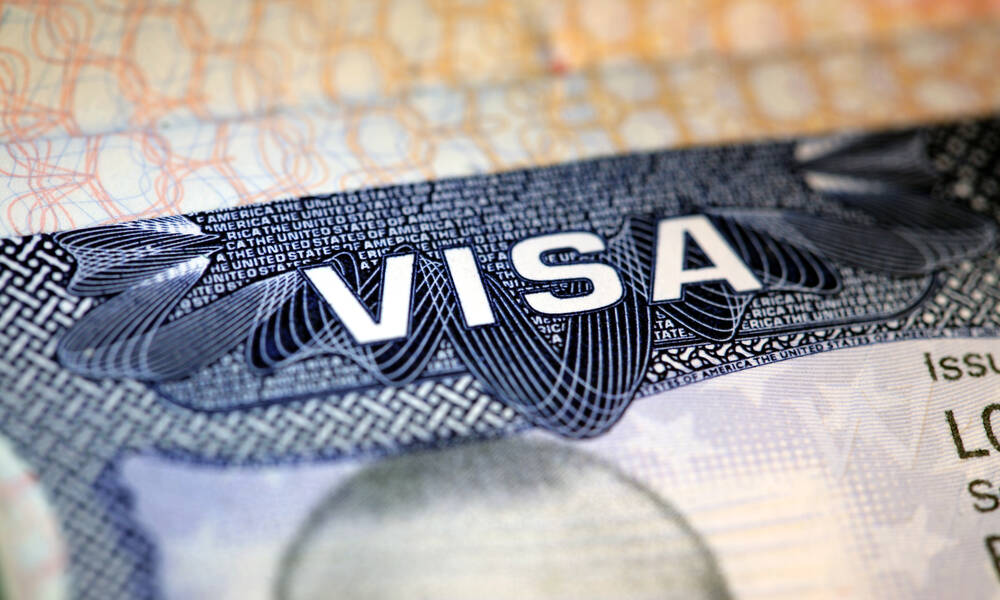
State Department Social Media Visa Policy Draws Pushback
A policy that would compel visa applicants to the United States to share five years of details about their social media use could chill inbound U.S. travel, said a number of groups, including ASAE.
If your international meeting attendees require a visa to enter the U.S., they’ll soon have to offer up their social media information with the application.
Last week, the State Department announced it would move forward with a policy that would require visa applicants to share links to their Facebook, Twitter, Instagram, and other social media accounts—which would give the government access to a variety of personal details about individuals, including photos, date of birth, and where a person has been.
“We already request certain contact information, travel history, family member information, and previous addresses from all visa applicants,” a State Department statement said, according to The New York Times. “We are constantly working to find mechanisms to improve our screening processes to protect U.S. citizens, while supporting legitimate travel to the United States.”
The new policy, which CNN reports will affect approximately 15 million people and nearly all visa applicants, came about in response to a 2017 request by the Trump administration for increased vetting of visa applications, a part of the long-contested executive order that restricted inbound travel from a number of majority-Muslim countries. The new rule would require visa applicants to share five years of social media activity with the U.S. government.
This proposal has surfaced multiple times in recent years, and went through a public comment period last year. ASAE and a number of business, travel, and advocacy groups have raised serious concerns about the policy throughout the process.
The Visit U.S. Coalition, of which ASAE is a member, submitted comments last June, stating that the policy “requested private information without understanding the incremental benefit and determining clear mechanisms to measure effectiveness, and formalized means of using and securing the information.”
In response to the just-announced decision, ASAE President and CEO John Graham, FASAE, CAE, said that the request could keep people away from the U.S.
“Individuals from non-Visa Waiver Program countries already undergo a comprehensive, multilayered screening process to obtain a temporary visa to enter the U.S. for tourism or business purposes,” Graham said in a statement to Associations Now. “Adding the additional scrutiny of social media accounts to an already rigorous set of vetting standards could have a chilling effect on inbound travel to the United States.”
Hina Shamsi, the director of the American Civil Liberties Union’s National Security Project, voiced similar concerns in the Times on Sunday.
“Research shows that this kind of monitoring has chilling effects, meaning that people are less likely to speak freely and connect with each other in online communities that are now essential to modern life,” she said.
(belterz/E+/Getty Images Plus)






Comments